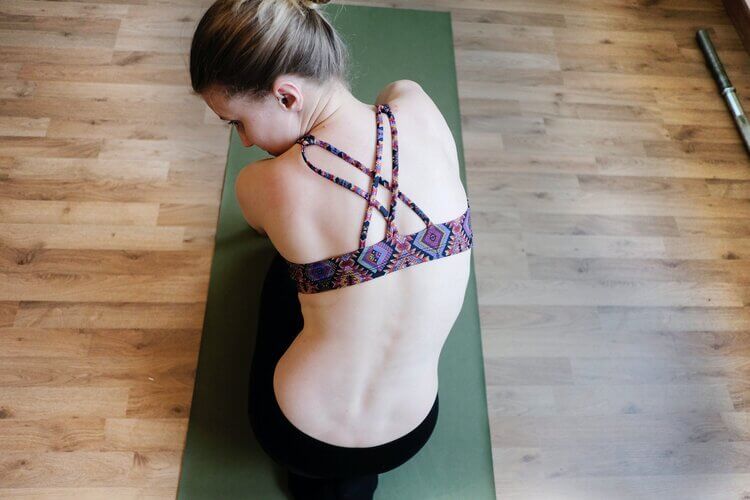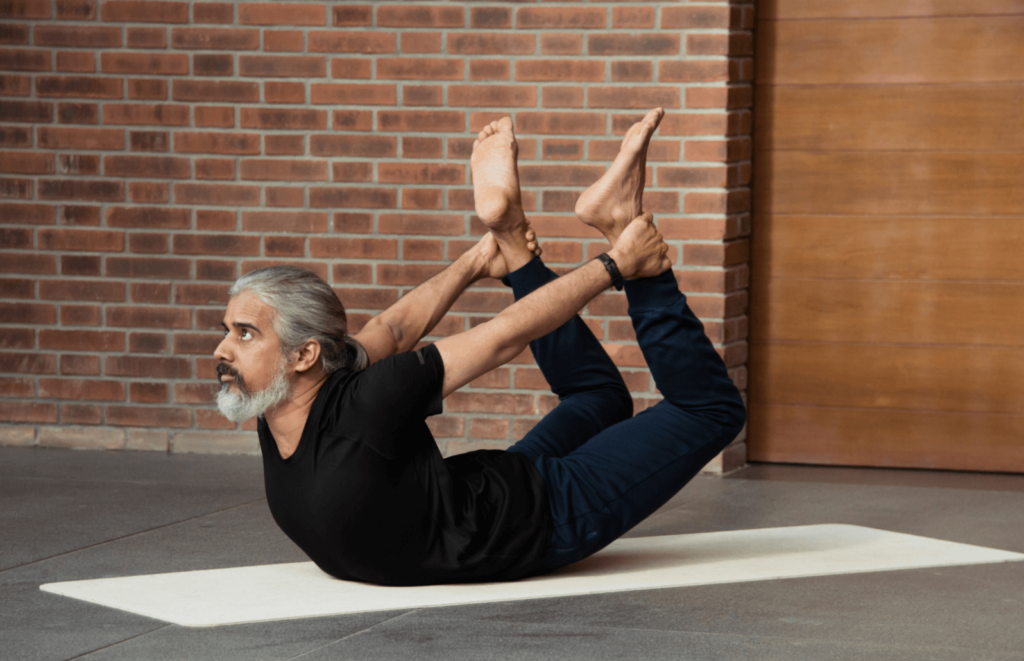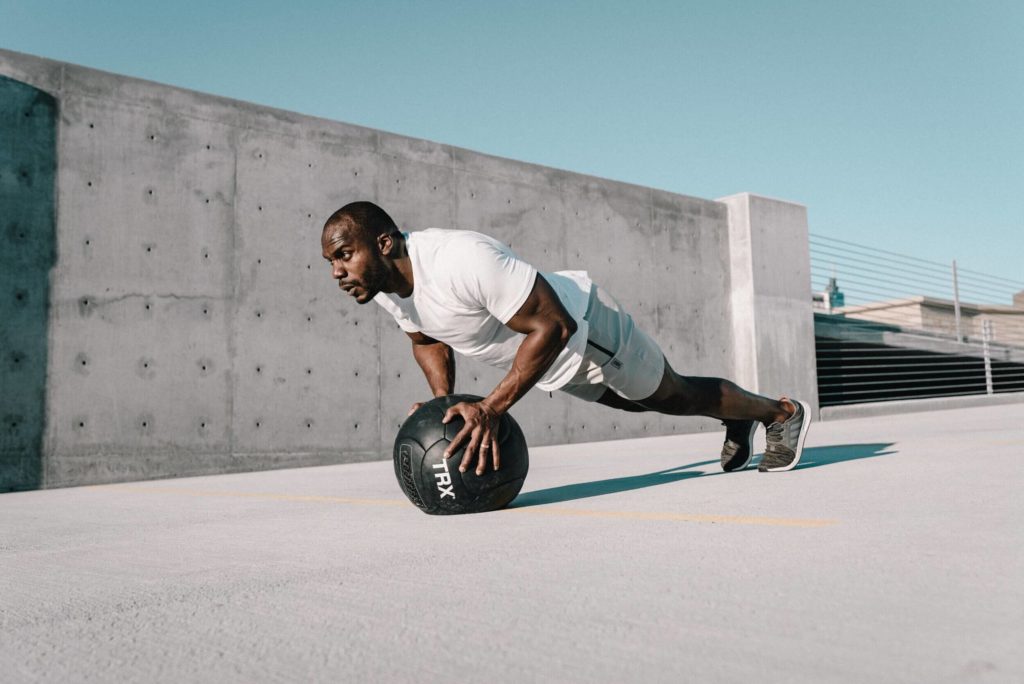If you’ve ever trained with a fitness coach, one of the most important things they highlight is the importance of a good posture in avoiding injuries and in improving the effectiveness of the exercises.
But is the impact of a good posture limited to injury avoidance and exercise efficiency or does it have long-term health benefits as well? Let’s find out.

Highlights
- Good posture can make you look confident, avoid injuries and avoid long-term health problems,
- The long term organ health effects of bad posture are poor liver function and lung capacity,
- While some posture problems are just bad habits, most of them are driven by poor mobility and weakness in stabilizing muscles.
Good Posture vs Poor Posture
Before we begin, let’s address what really is a good posture. Here are some basic checks that you can do immediately to identify a good posture
- Neutral spine
- Bodyweight distributed evenly on both feet
- Hips and shoulders even
These are general guidelines and can vary as per the body type. Poor posture has chronic disease risks associated. Liver function may be directly affected due to interference with nerves that connect to the liver and its arteries.
This interference can lead to necrosis—the death of liver cells. This defect in the organ that regulates blood sugar levels promotes the development of type 2 diabetes.

In a study with 74 participants, upright participants reported higher self-esteem, more arousal, better mood, and lower fear, compared to slumped participants.
The slouched sitting position also suggested a reduced diaphragm tension and movement compared to an upright position as a result of altered body posture.
Poor posture isn’t just a result of bad sitting or movement habits but also a function of mobility and strength of stabilizing muscles.
For eg., tight chest muscles lead to slouching. For people who take up strength training, balancing out muscle groups becomes an important aspect for these reasons.
Lifestyle issues like sitting for long hours and smartphone usage (text neck) also lead to tightness in the neck or hip muscles, leading to poor posture.
The good news is that you can significantly improve your posture with proper form guidance and training.
For most people, minor changes go a long way. A holistic system like Yoga or strength training for balance is a good place to start.

Posture correction Yoga with Bharath Shetty is one of our most popular courses on the Ultrahuman platform that helps people address posture problems ground up and in a fundamental way.
Conclusion
Having good posture is not just good for your physical health, but for your mental health too.
Poor posture can lead to disappointing physical appearances. This can damage one’s confidence and even lead to depression.
Actively try to sit up straight and keep a good posture in general.
Disclaimer:The contents of this article are for general information and educational purposes only. It neither provides any medical advice nor intends to substitute professional medical opinion on the treatment, diagnosis, prevention or alleviation of any disease, disorder, or disability. Always consult with your doctor or qualified healthcare professional about your health condition and/or concerns before undertaking a new health care regimen including making any dietary or lifestyle changes.
References








